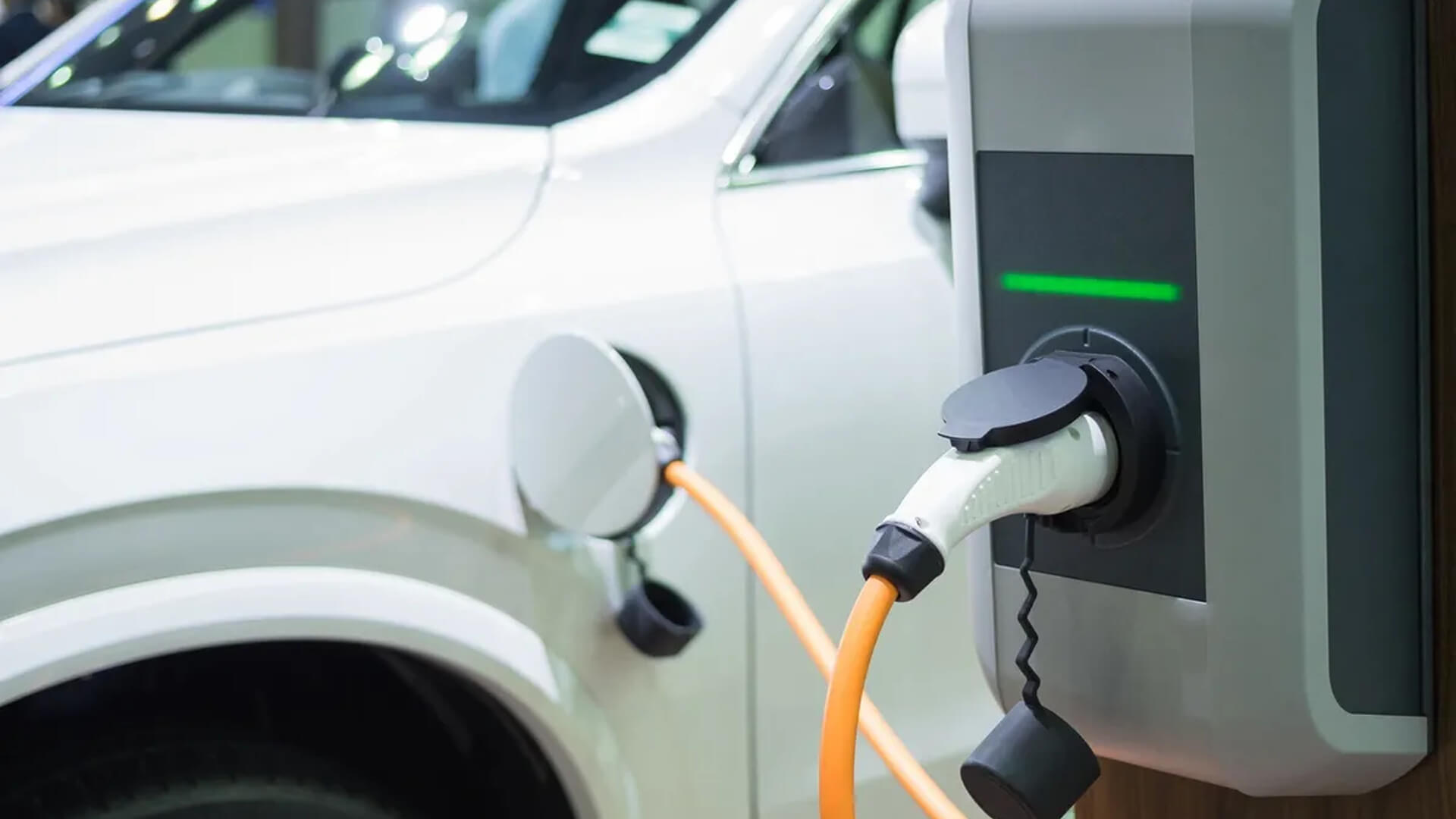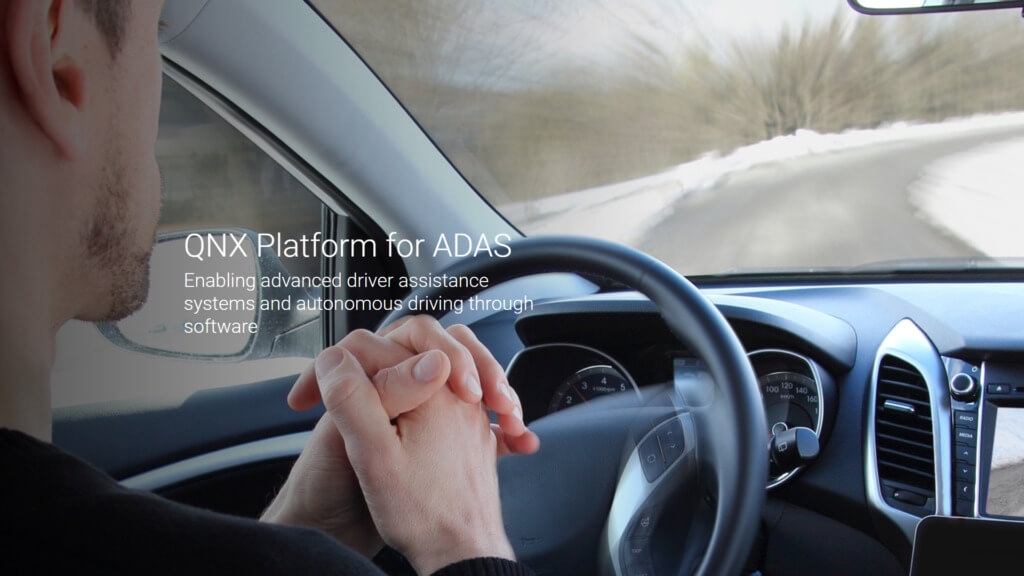What role does BlackBerry technology play in electric vehicles?
BlackBerry QNX is the de facto standard for in-car operating systems

BlackBerry is a brand that will almost certainly always be linked with smartphones, but the firm has been diversifying in unexpected ways since shuttering its phone business in 2016.
It has focused on software development in particular, and many automobiles on the market now use BlackBerry’s QNX platform for ADAS.
According to the company, its platform is particularly beneficial to electric car manufacturers developing vehicles with advanced driver support systems and increased automated functions.
QNX is BlackBerry’s initial technological feature
Its primary job is to decipher the EV data firehose, which is the constant stream of all accessible real-time data that an EV receives through its sensors to execute automatic activities.
To “see” its surroundings, a car with an ADAS system collects data from its cameras, radar, ultrasonic sensor, and LiDAR.
However, for a vehicle to combine and interpret numerous data streams into a single image of its surroundings that it can comprehend, it requires software that can use hardware accelerators for visual processing as well as deep neural-net-based machine learning techniques.

That’s precisely what the QNX platform aims to do.
BlackBerry promises to provide manufacturers with a robust foundation for developing ADAS and autonomous driving software, which organizes all of the vehicle’s sensor data and lets an autonomous system comprehend its surroundings and make real-time choices that control the steering throttle brakes.
QNX also allows manufacturers to develop multiple concepts thanks to its modular and hardware-agnostic architecture, which is a significant benefit given the fast-changing EV technology.
BlackBerry’s technology appears to be a success: by June, the company’s software had been installed in over 195 million vehicles, up 20 million year over year, including manufacturers like Honda, Mercedes-Benz, Toyota, and Volkswagen.
QNX is also said to be the chosen operating system of 23 of the top 25 EV manufacturers, according to the firm.
BlackBerry isn’t the only company working on software for ADAS systems. Magna International, Robert Bosch, and Qualcomm, to name a few competitors, cooperate closely with GM.
IVY is BlackBerry’s second technological feature
BlackBerry IVY is a cloud-based software platform that helps both EV manufacturers and charging businesses. By utilizing car data, the platform promises to provide a tailored driver and passenger experience.
Some instances are as follows:
- It can prolong the “feeling of joy” following a car purchase with dynamically revealing features based on usage habits.
- Based on driving patterns, it can maximize battery longevity and trip distance methods.
- Analyzing data on journey destination and length may offer shared-car owners heat maps of popular car-sharing zones.
In the case of charging businesses, time-stamped driving data may be used to detect EV density around specific sites and routes, as well as the ideal locations for charging stations to be built.
Whatever it is, if LG can transition from phones to electric vehicles, BlackBerry can definitely continue to create intelligent car software to evolve its business offerings.
















